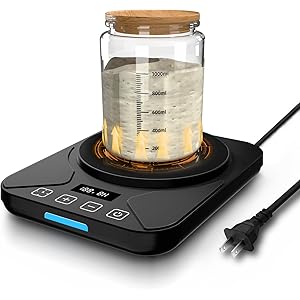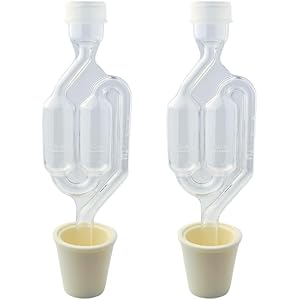Understanding Yeast
Yeast is a type of fungus that plays a crucial role in various fermentation processes. It is commonly used in baking, brewing, and winemaking. The most well-known species of yeast is Saccharomyces cerevisiae, which is responsible for the fermentation of sugars into alcohol and carbon dioxide. This process not only helps in the production of bread and alcoholic beverages but also contributes to the unique flavors and textures of these products.
Is Yeast Vegan?
The question of whether yeast is vegan often arises among those following a plant-based diet. Yeast itself is a single-celled organism and does not possess a nervous system or the ability to feel pain. Therefore, many vegans consider yeast to be a vegan-friendly ingredient. It is important to note that yeast is not derived from animals, which aligns with the fundamental principles of veganism that seek to avoid animal exploitation and suffering.
Types of Yeast Used in Vegan Products
There are several types of yeast that are commonly used in vegan cooking and baking. Active dry yeast and instant yeast are popular choices for bread-making, while nutritional yeast is often used as a flavor enhancer and a source of vitamins, particularly B12. Nutritional yeast is particularly favored in vegan diets due to its cheesy flavor and high nutritional content, making it a staple in many plant-based recipes.
Nutritional Benefits of Yeast
Yeast, especially nutritional yeast, offers a range of health benefits. It is rich in protein, fiber, and essential vitamins and minerals. Nutritional yeast is particularly noted for its high content of B vitamins, including B12, which is crucial for those on a vegan diet. This makes it an excellent supplement for maintaining energy levels and supporting overall health. Additionally, yeast contains beta-glucans, which are known to support immune function.
Yeast in Vegan Baking
In vegan baking, yeast serves as a leavening agent, helping dough to rise and achieve a light, airy texture. The fermentation process that yeast undergoes produces carbon dioxide, which creates bubbles in the dough. This is essential for baked goods like bread, pizza, and pastries. Vegan bakers often rely on yeast to replicate the texture and flavor of traditional baked goods without the use of animal products.
Get more content like this!
Sign up to receive updates and new terms first hand.
Potential Concerns About Yeast
While yeast is generally considered vegan, there are some concerns regarding its production and processing. Some individuals may question whether the cultivation of yeast involves any animal-derived ingredients or processes. However, most commercial yeast is produced using plant-based substrates, making it suitable for vegans. It is always advisable to check labels and product descriptions to ensure that no animal products are involved in the yeast’s production.
Alternatives to Yeast
For those who may wish to avoid yeast altogether, there are several alternatives available. Baking soda and baking powder can be used as leavening agents in certain recipes, although they may not provide the same flavor profile as yeast. Additionally, sourdough starter, which is a natural fermentation of flour and water, can be used as a yeast substitute in bread-making. These alternatives can cater to various dietary preferences while still achieving delicious results.
Yeast and Allergies
Some individuals may have allergies or sensitivities to yeast, which can lead to digestive issues or other health concerns. For those who are allergic, it is essential to avoid products containing yeast and to seek alternatives that do not trigger their symptoms. Many gluten-free and allergen-friendly recipes are available that exclude yeast while still providing tasty options for those with dietary restrictions.
Conclusion on Yeast and Veganism
In summary, yeast is widely regarded as a vegan ingredient due to its non-animal origin and lack of sentience. It plays a vital role in various culinary applications, particularly in baking and fermentation. As with any ingredient, it is essential for individuals to consider their dietary needs and preferences, ensuring that the yeast products they choose align with their vegan lifestyle.




